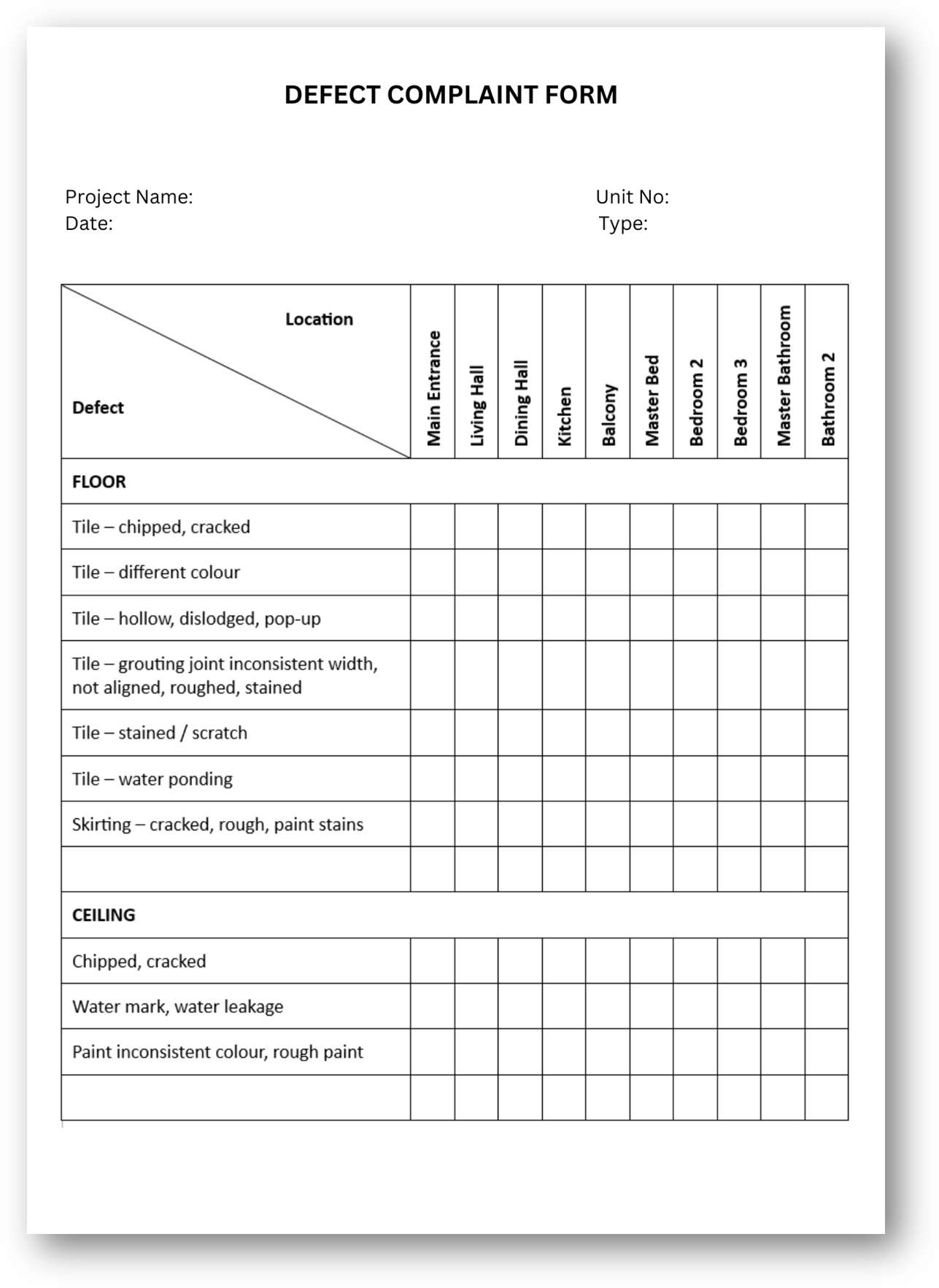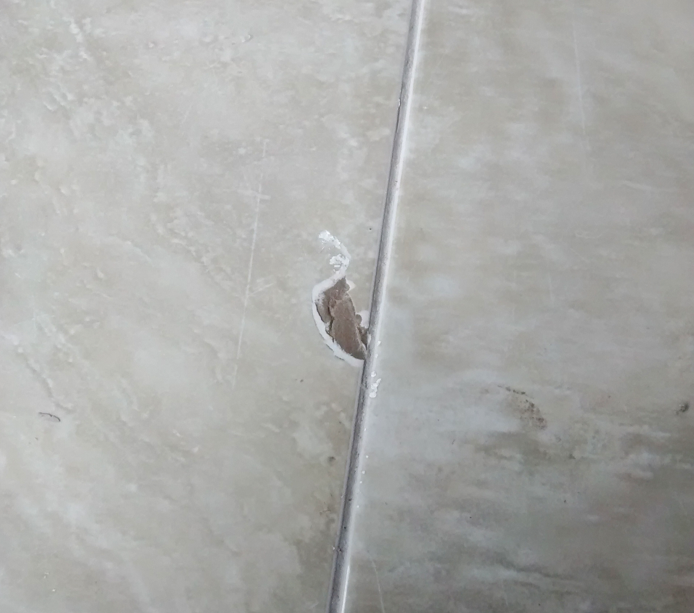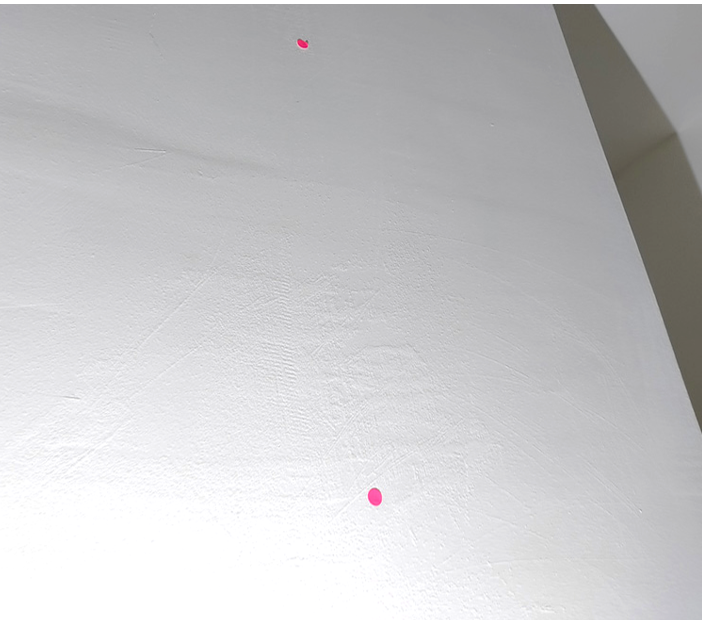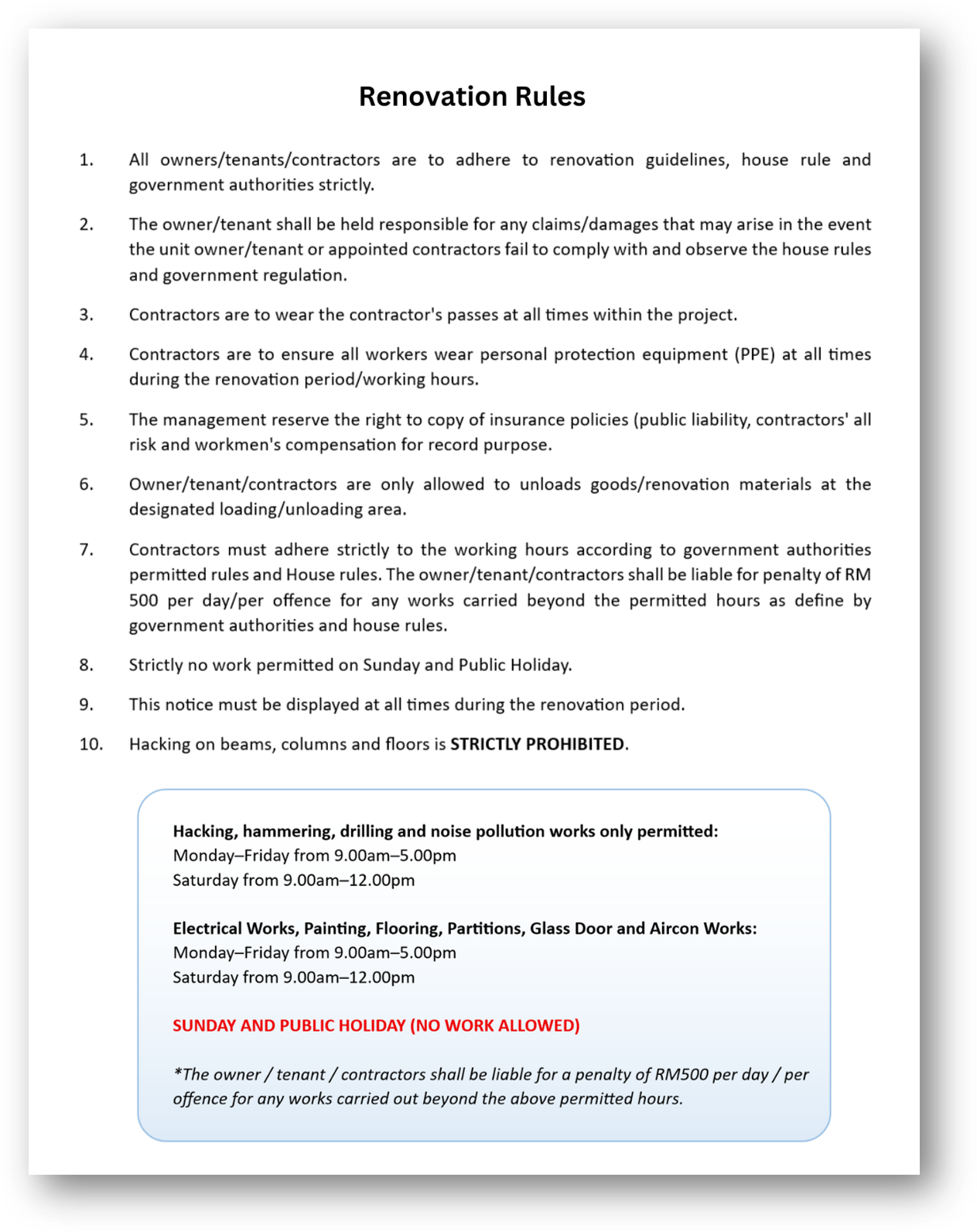7 Things Homeowner Should Know Upon Collecting Your New House Keys

7 Things Homeowner Should Know
Upon Collecting Your New House Keys

1. DELIVERY OF VACANT POSSESSION
New Properties:
If you've purchased a new property, you should expect to receive vacant possession within 36 months of signing the Sales and Purchase Agreement (SPA). If the property is not delivered within this timeframe, you are entitled to claim damages for late delivery through Liquidated Ascertained Damages (LAD).
Subsales Properties:
For properties bought from a previous owner, vacant possession generally occurs sooner, typically within three months, contingent on the payment of the balance purchase price and agreed apportionments.
Leasehold Properties:
For leasehold units, expect the handover to take a minimum of six months due to extra approvals needed from local authorities.
It’s common to be notified about vacant possession when a primary purchase property is about 70% complete. This notification from the developer will include a scheduled date for you to collect your keys.
However, there can be delays. If a developer doesn’t secure an extension approval from local authorities, you may be eligible to claim LAD. It’s advisable to consult with a lawyer to ensure you meet the requirements for such a claim before proceeding to court.
2. CERTIFICATE OF COMPLETION AND COMPLIANCE (CCC)
Essentially, the CCC is a self-regulated, self-certified process that ensures the technical and safety standards of building construction are met. It must be endorsed by a registered member of the Malaysian Board of Architects (LAM) and is a required document in the Sales and Purchase Agreement (SPA).
The CCC system, which replaced the older Certificate of Fitness for Occupation (CFO), is designed to be more effective and transparent, with reduced potential for corruption.
The issuance of the CCC requires the following confirmations:
- Roads and drainage are properly constructed.
- Electrical supply has been established by Tenaga Nasional Berhad (TNB).
- Water supply is secured from the relevant water authorities, such as SYABAS.
- Sewage connections have been approved by Jabatan Perkhidmatan Pembentungan.
- Fire and Rescue Department (BOMBA) has cleared the active fire fighting systems.
- Department of Occupational Safety and Health (OSHA) has approved machinery and lift systems.
Sample of the Certificate of Completion and Compliance (CCC)
Source: Facebook
3. SIGN HANDOVER FORM
Included in these documents will be an inventory list detailing lighting fixtures, appliances, electrical sockets, and other built-in features. Ensure the actual inventory matches this list before signing.
.png)
Sample of the Purchaser Handover Form
4. Check Construction Defect
The developer provides a defect complaint form to document any issues found in the house, such as loose electrical sockets or misaligned flooring. Even minor problems should be reported to avoid future repair costs, as unreported issues become the homeowner's financial responsibility after the defect liability period ends.

Sample of the Defect Complaint Form
4.1.0 Walls

4.1.1 Chipping
Wall Tile - Chipping
Wall tile has visible chipping at the edges. Recommend evaluation and remedial action.
Location: Master Bedroom Bathroom

4.1.2 Uneven
Wall Surface - Uneven
The wall surface is uneven. Recommend evaluation and remedial action.
Location: Master Bedroom Bathroom
Source: Home Inspection
5. FIND MANAGEMENT
Getting to know your neighbors and understanding management procedures is beneficial. It simplifies tasks like applying for work permits or paying maintenance fees. Additionally, familiarize yourself with house rules, such as pet policies and grill installation specifications. Building good relationships with the management team can also help them be more supportive if issues arise.
6. APPLY FOR UTILITIES
Some developers require you to apply for utilities while the property is still being built, while others wait until after construction is complete. In either case, it's best to handle these applications promptly. Common utilities to apply for include:
- Water supply: SYABAS Water Supply Application (Kuala Lumpur, Putrajaya & Selangor
- Electricity supply: TNB New Account Application
- Internet: TM UNIFI Maxis New Account Application
Additionally, there are a few things you need to ensure, such as changing the owner's name to yours.
For all types of properties: Assessment Tax (Cukai Pintu)
Only for landed properties: Quit Rent/Parcel Rent (Cukai Tanah)
7. PLAN YOUR SPACE
Space Planning:
Effective space planning is essential to make the most of your new home. This involves evaluating the layout and flow of each area to ensure optimal functionality and comfort. Consider your lifestyle and needs when planning the placement of furniture, storage solutions, zoning, and lighting. Proper space planning can transform your home into a well-organized and harmonious living environment.
Structural Extension:
If your new home lacks sufficient space, structural extensions can provide the extra room you need. This process involves consulting with architects and engineers to assess feasibility, designing the extension, obtaining necessary permits, and overseeing construction. Extensions can seamlessly blend with your existing structure, offering additional living space while maintaining aesthetic and functional continuity.
Renovation & Refurbishment
Personalizing your new home through renovation and refurbishment can significantly enhance its appeal and functionality. This includes updating interiors with new fixtures, modernizing utilities, improving energy efficiency, enhancing aesthetics, and incorporating functional upgrades. Renovations ensure your home reflects your style and meets modern standards, providing a comfortable and enjoyable living space.

Transform Your New Space with Ease
At Reliable Design & Build, we specialize in transforming blank spaces into thoughtfully designed, functional, and beautiful homes tailored to your unique style and needs. From innovative designs to high-quality craftsmanship, we handle every detail, allowing you to enjoy a seamless, worry-free renovation journey.
Here’s how we can help you:
🔹 Creative Vision and Planning:
We work closely with you to design a home that truly reflects your personality and lifestyle.
🔹 Quality Craftsmanship:
With a keen eye for detail, our team ensures that every corner of your home is crafted to perfection.
🔹 End-to-End Service:
From concept to completion, we manage all aspects of your project, so you can relax and enjoy the transformation.
Ready to get started?
📞 Contact us today to schedule a consultation and explore how we can bring your dream home to life.
Let’s make every inch of your new home a space you’ll love for years to come!
Jun 10,2025

